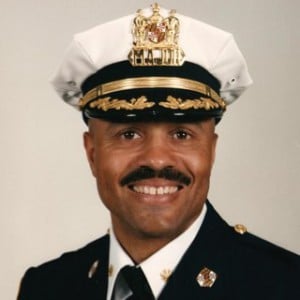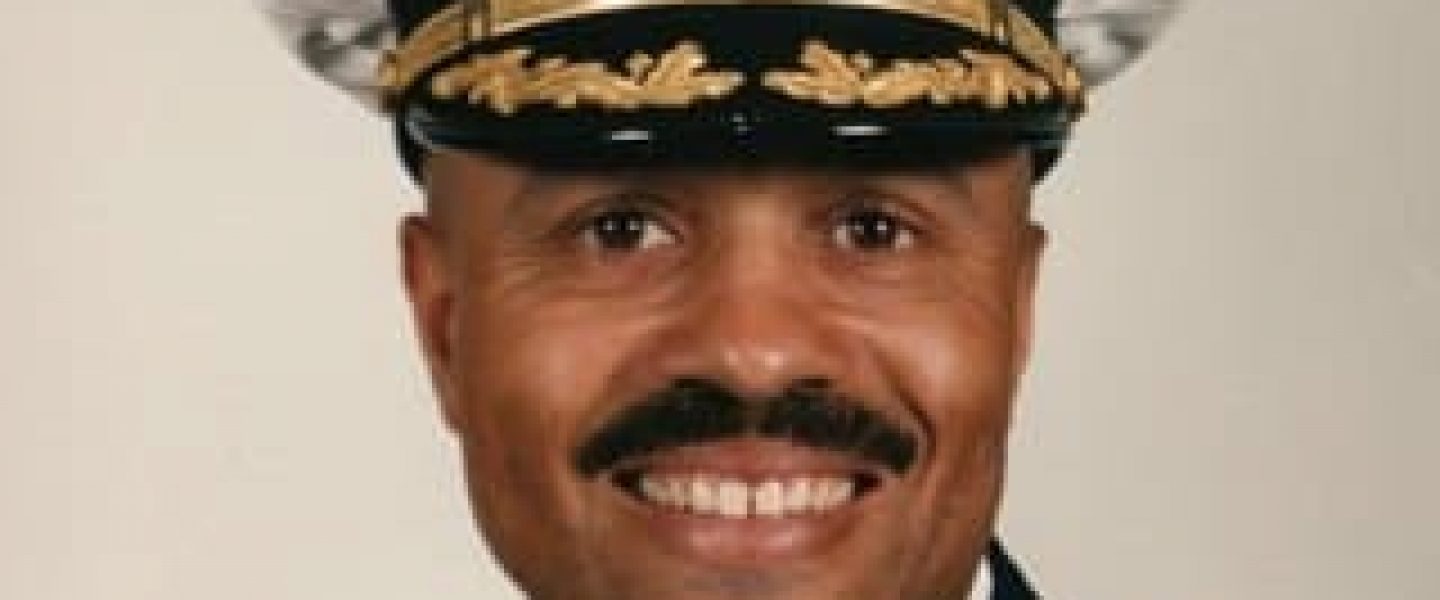 Neill Franklin is has been, and will always be, one of my heroes. His work to make the world a better place is undeniable. Below is a submission for the 11th Annual Human Rights Awards. I encourage all readers to look over the excerpt from the awards website, and to click on the link at the end to vote for Neill:
Neill Franklin is has been, and will always be, one of my heroes. His work to make the world a better place is undeniable. Below is a submission for the 11th Annual Human Rights Awards. I encourage all readers to look over the excerpt from the awards website, and to click on the link at the end to vote for Neill:
By Jack A. Cole
Neill Franklin’s goal has always been to help others.
He spent 33-years of his life serving and protecting the public in his role as a Maryland State Police officer. During that time, he also volunteered his spare time serving on many boards; Children 1st (a child advocate organization), The Faith Based Community Council on Law Enforcement and Intelligence, the Place of Grace Church, the Anne Arundel Community College Criminal Justice Advisory Board, and at TurnAround, Inc. (a domestic violence, sexual assault shelter, with victim advocates providing counseling and services). Neill is married to Denise, his wife of 27 years, and he has one son, Brandon. Neill is very active in his church, The Place of Grace, where he can sometimes be heard preaching a sermon.
In the state police, Neill instituted and directed the very first Domestic Violence Investigative Units because he was appalled at witnessing violence against women. He served as an undercover narcotics agent, and as a Major, he oversaw 17 drug task forces in Maryland because he believed as instructed that drug abuse was “the scourge of society.” Neill felt he was still helping people, but his ideas about what helps folks and what hinders them changed considerably when he heard Baltimore Mayor Kurt Schmoke suggesting, “We need to have a discussion about where we go from here because the drug war is not working.” Schmoke reasoned that fighting a war on drugs was not only violent but also counterproductive to reducing the high rates of AIDS and Hepatitis C in Baltimore.
Neill now says, “I knew instantly the Mayor was speaking of something profound and that his suggestion deserved more research.” Neill started by evaluating his own experiences in law enforcement. He compared the demographics within his jurisdiction with the demographics of the cases that came across his desk. “We worked in predominantly white areas but most of our cases and lock ups were of minorities.” More studies proved to Neill that the poor suffered the most from what he now considered the unjust implementation of the US drug laws. That was the beginning of Neill’s transformation from drug-warrior to drug policy reformer.
Neill became a speaker for Law Enforcement Against Prohibition in 2006, possibly a dangerous career choice for a working police officer, but Neill was still guided by his need to help others. He was elevated to LEAP’s executive board in 2009 and later resigned from police work to become LEAP’s executive director in July 2010.








